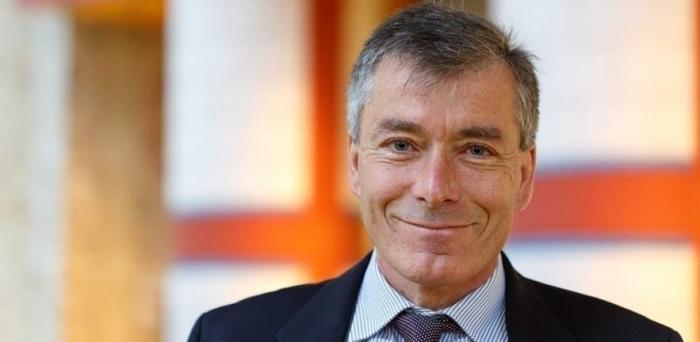In 2011, the Business School was only 20 years old – it had successfully made the transition from a start up to an acknowledged business school, and over the last decade its early promise has grown into a globally acknowledged leading business school.
Since 2011, significant progress has been made in developing the School’s research, teaching programmes, executive education, facilities, and an organisational culture that emphasises collaboration and transparency.
Transformative 10 years
A Business School with real world impact, the last decade has seen Cambridge Judge climb in the research rankings – Cambridge Judge was ranked second overall in the UK’s 2014 REF (Research Evaluation Framework), ranking first in research impact case studies. This speaks to CJBS’s differentiation strategy over the last decade, which is based on impact and innovation.
The number of research centres established has tripled, addressing wide-ranging issues such as alternative finance, strategic philanthropy, growth support to start-ups and SMEs, leadership, gender diversity and the circular economy. All of these have research, applied research and engagement at their core.
New degree programmes introduced during Professor Loch’s tenure include Masters degrees in Social Innovation, Entrepreneurship and Accounting, a Master of Research (MRes) as a pathway into the PhD programme, and the innovative Business Doctorate (BusD) for very senior executives.
While rankings do not define Cambridge Judge’s mission and strategy, and are not an end in themselves, all post-experience programmes are ranked in the global FT top 20. In addition, a new Global Executive MBA programme, half of which will be taught in Shenzhen, China, is another notable achievement and the first students will be welcomed in January 2023.
Cambridge Judge has also seen a physical transformation: the new 5,000-square-metre Simon Sainsbury Centre opened to students and Executive Education delegates in 2018, greatly expanding the Business School’s lecture, meeting and dining facilities while uniting Cambridge Judge activities under one roof.
Organisational culture sets the tone for all activities and Cambridge Judge has strengthened its collaborative culture. Together, we – students, alumni, faculty, staff and friends of Cambridge Judge – have been tested over the last 18 months, during the global pandemic, though our networks have remained strong.
Professor Loch (pictured), who stepped down on 31 August, will be taking a year’s sabbatical and will remain a member of faculty at Cambridge Judge. In celebration of Professor Loch’s decade at the helm, Cambridge Judge is delighted to launch the Christoph Loch Scholarship.
The world’s problems may change from decade to decade, but our goal to create the best learning experience for our students and executive education clients, firmly anchored in the tradition of academic excellence at the University of Cambridge, and in support of sustainable, diverse, inclusive, and equitable business practices remains, as Professor Guillén becomes Dean effective 1 September.
